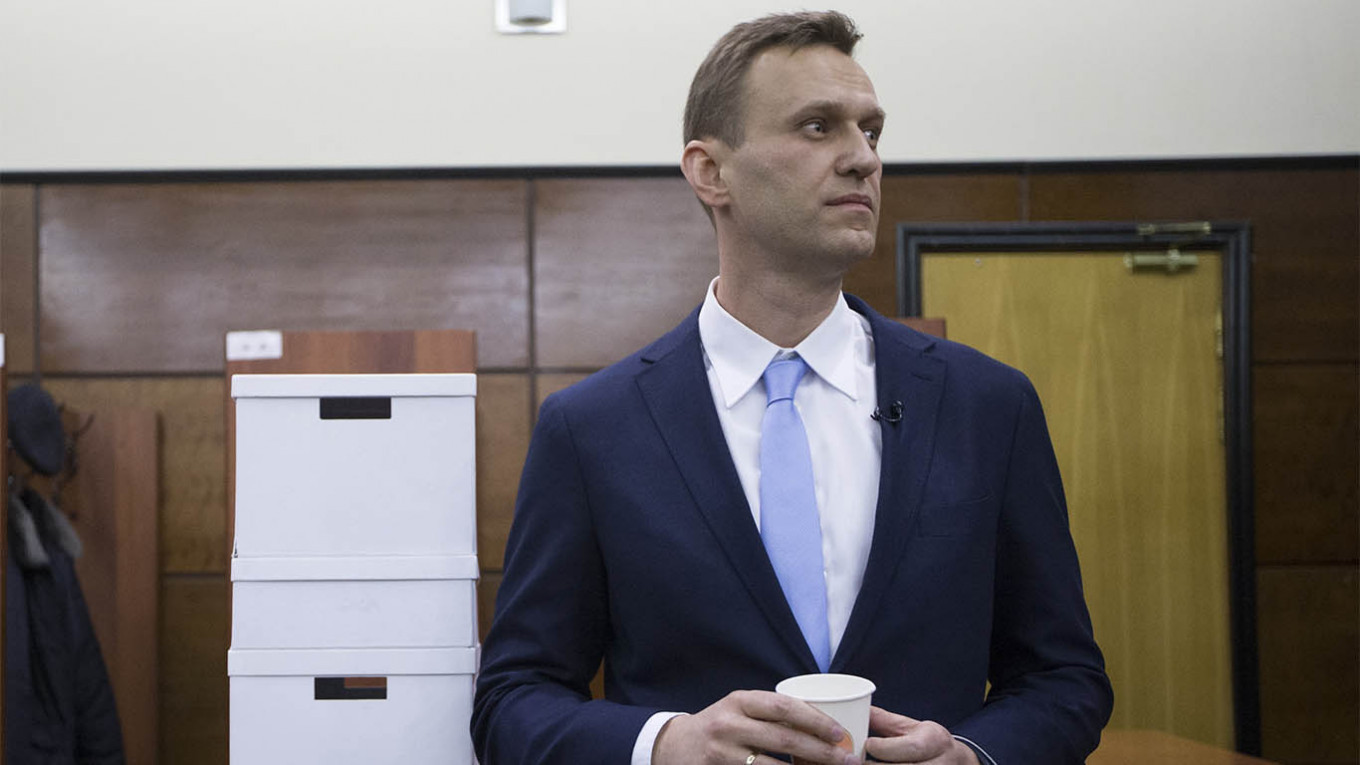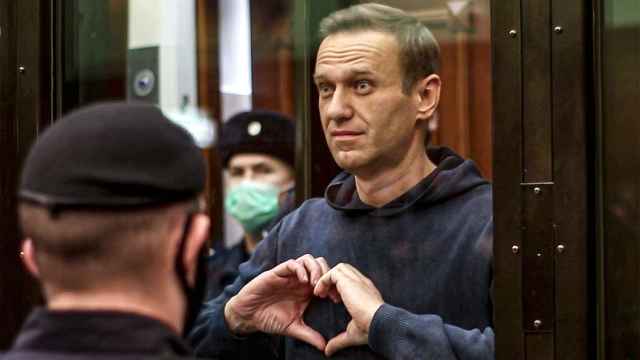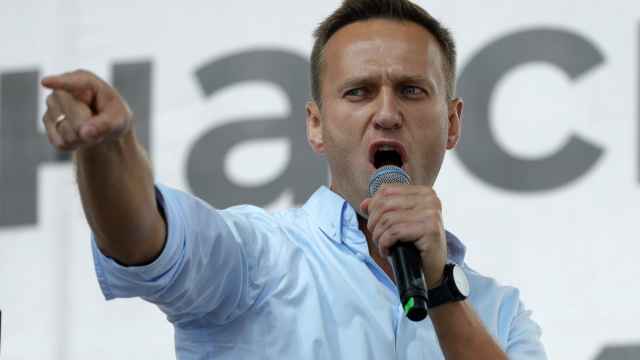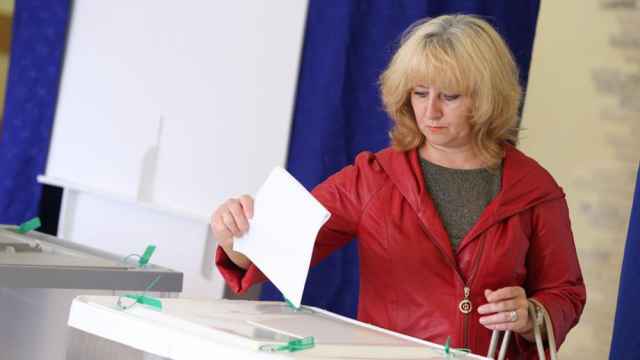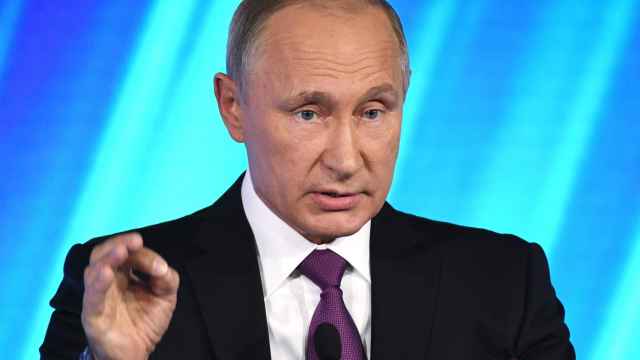Russian authorities are probing opposition figure Alexei Navalny’s comments during the first wave of the coronavirus pandemic for inciting extremism, news agencies quoted law enforcement sources as saying Tuesday.
Moscow investigators are reportedly examining whether Navalny’s April 27 interview with the liberal Ekho Moskvy radio station contained calls for a violent overthrow of the Russian government. Charges of “public calls for terrorism” carry a prison sentence of five years.
In the interview where Navalny proposed coronavirus support measures, a host quipped that the Kremlin would decide against these measures “out of spite.”
“If our regime would rather leave 60 million people hungry in order to not please me, then this regime should be overthrown right now, quite possibly even by force,” Navalny retorted.
An Interfax source said they were “unsure” whether the authorities would open a criminal case after completing their probe into Navalny’s comments.
“The statements were probabilistic and experts will find it difficult to label them as incitement,” the source was quoted as saying.
The Kremlin said later Tuesday that President Vladimir Putin “doesn’t take into account positions” adopted by opposition figures in its decision-making process.
Navalny, 44, is recovering in Germany after being poisoned by the Novichok nerve agent in August. Germany and its allies at a global chemical weapons watchdog have asked Russia to investigate the poisoning, which officials in Moscow either deny or blame Berlin for.
Navalny attributed the extremism probe to the authorities’ attempts to keep him out of the country.
“Putin, sitting in his bunker, wishes so desperately for me not to return to Russia after recovering,” he tweeted, “that he decided to add a criminal case for extremism to the threats to jail me for treason.”
A Message from The Moscow Times:
Dear readers,
We are facing unprecedented challenges. Russia's Prosecutor General's Office has designated The Moscow Times as an "undesirable" organization, criminalizing our work and putting our staff at risk of prosecution. This follows our earlier unjust labeling as a "foreign agent."
These actions are direct attempts to silence independent journalism in Russia. The authorities claim our work "discredits the decisions of the Russian leadership." We see things differently: we strive to provide accurate, unbiased reporting on Russia.
We, the journalists of The Moscow Times, refuse to be silenced. But to continue our work, we need your help.
Your support, no matter how small, makes a world of difference. If you can, please support us monthly starting from just $2. It's quick to set up, and every contribution makes a significant impact.
By supporting The Moscow Times, you're defending open, independent journalism in the face of repression. Thank you for standing with us.
Remind me later.


